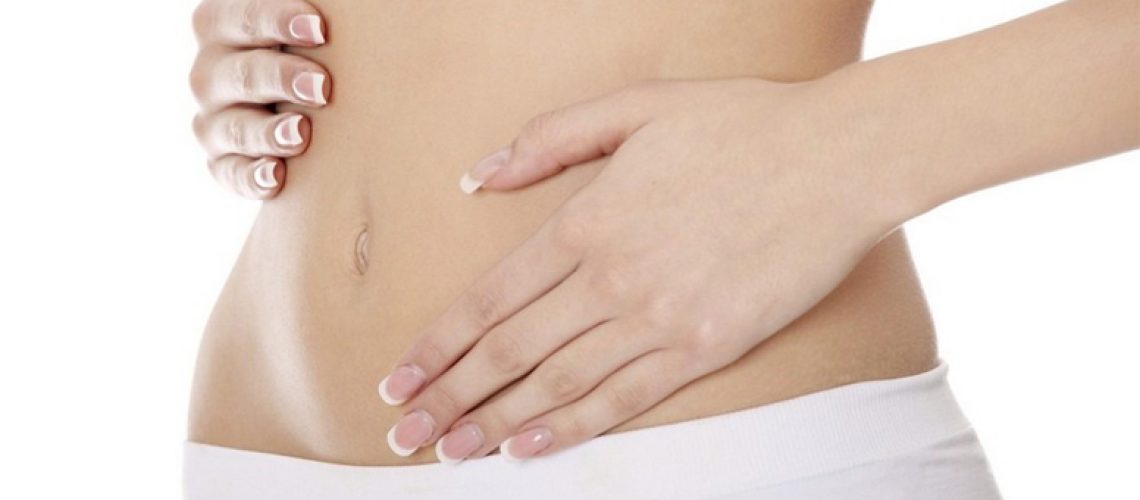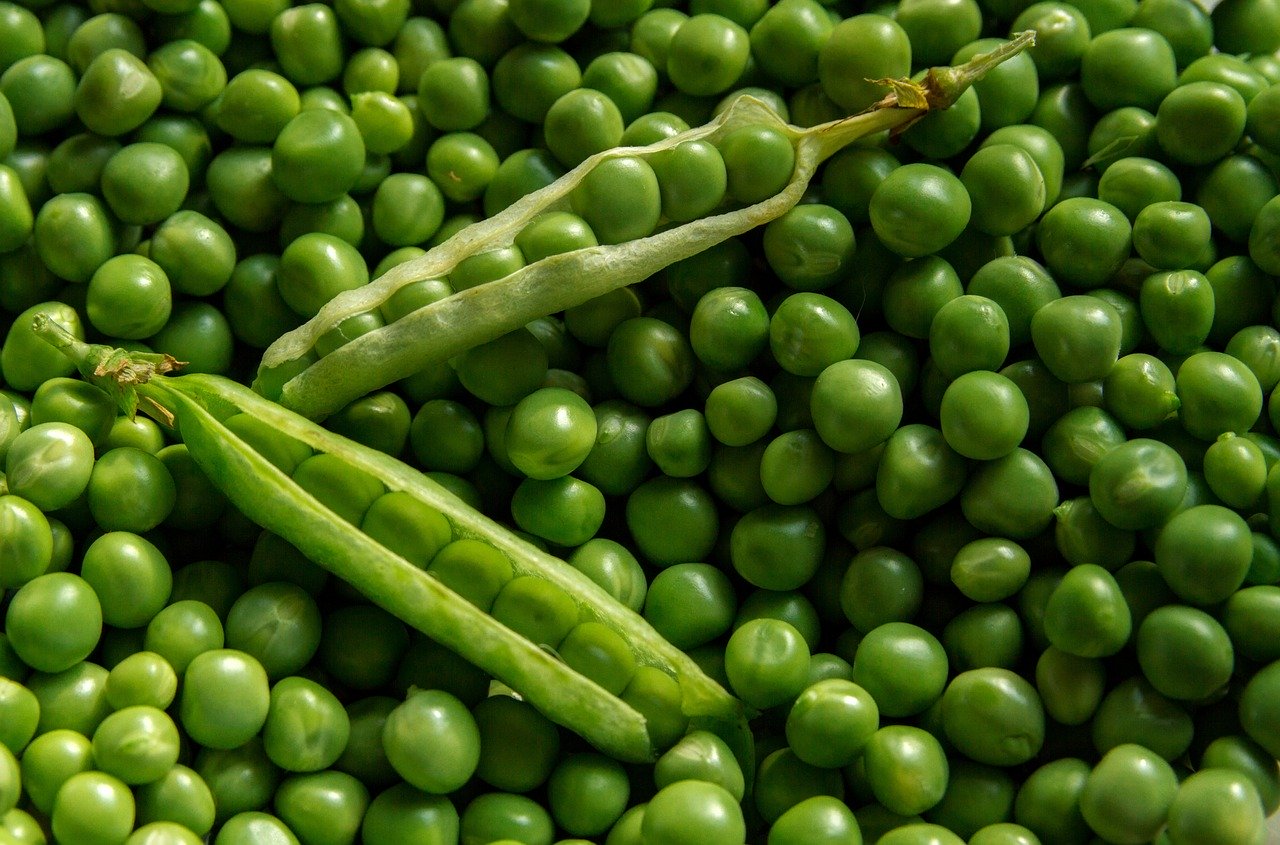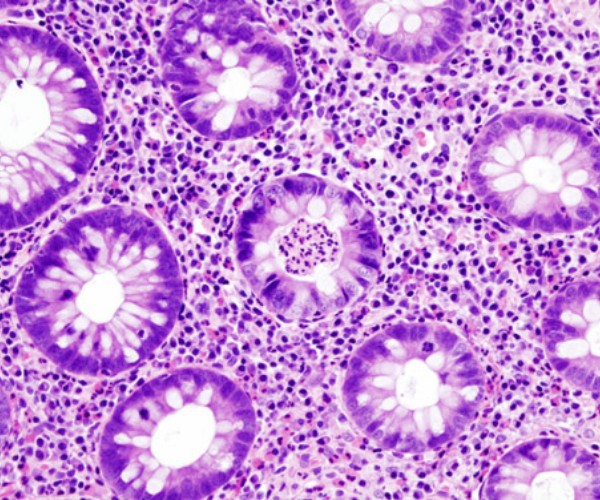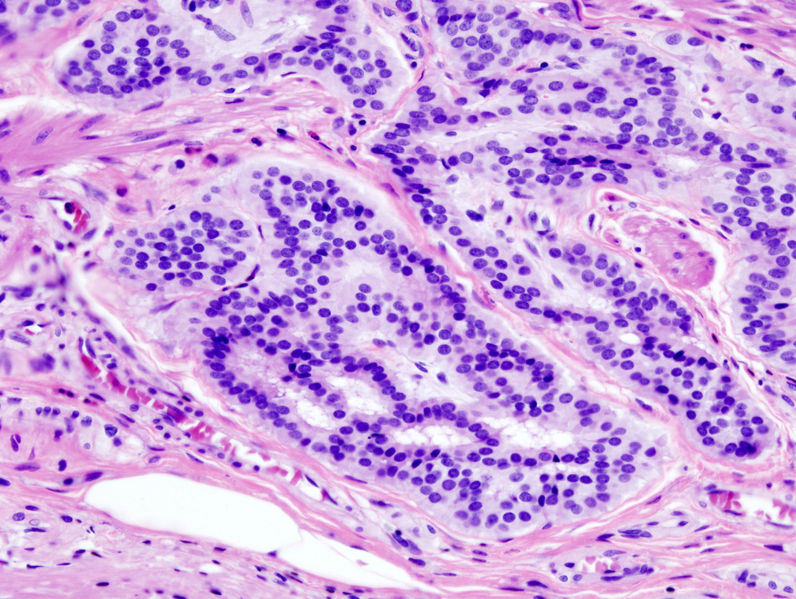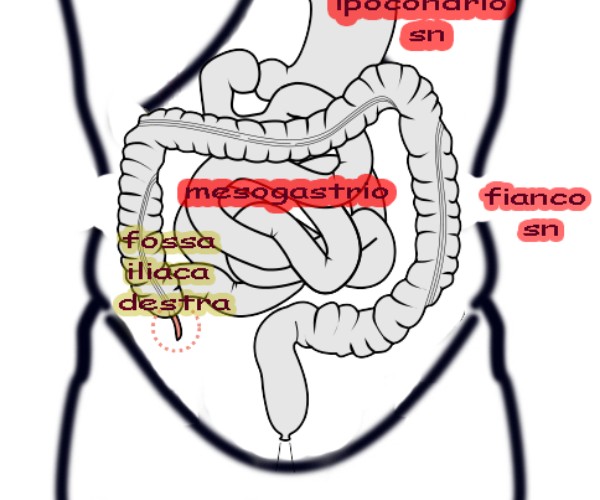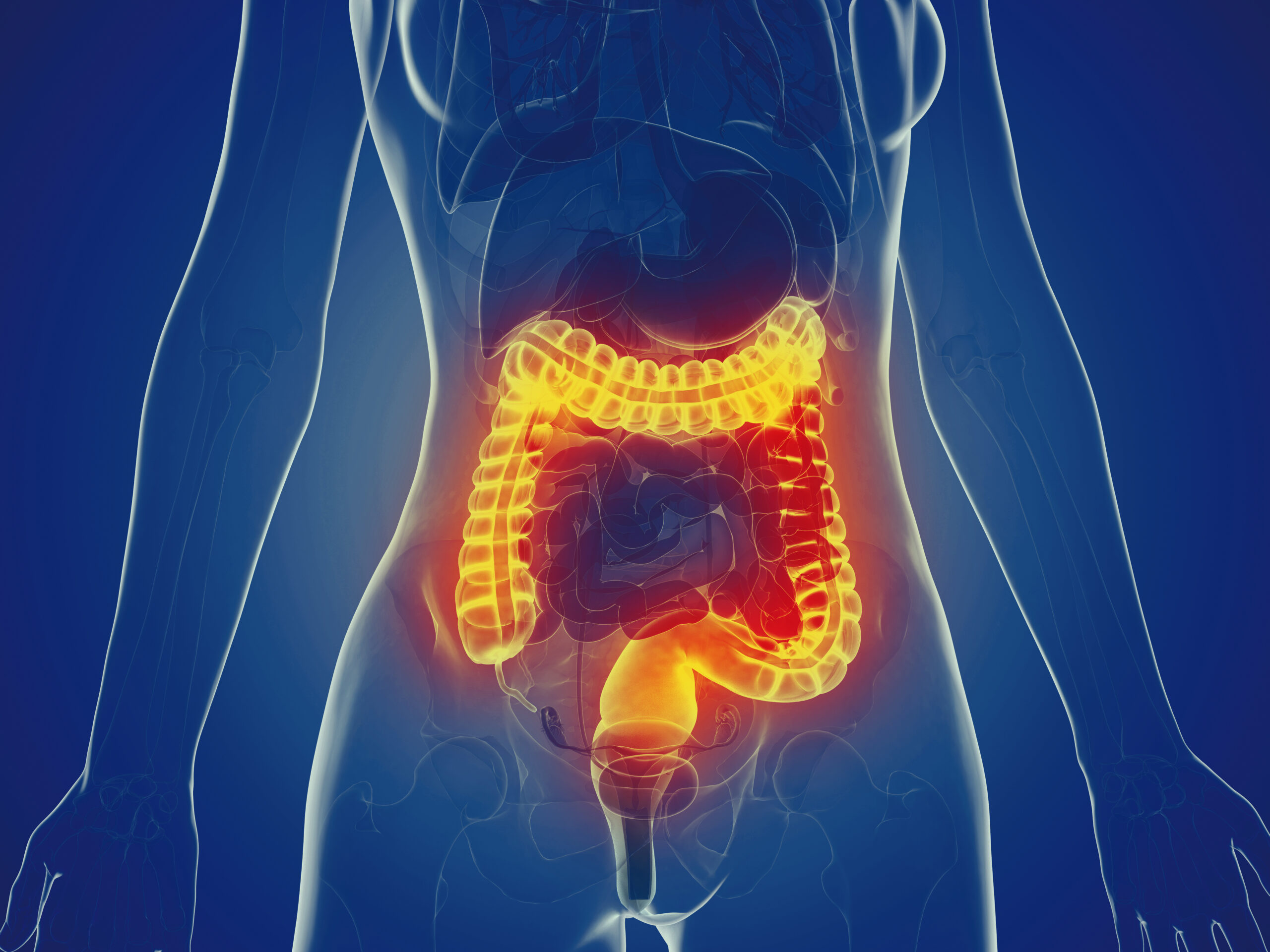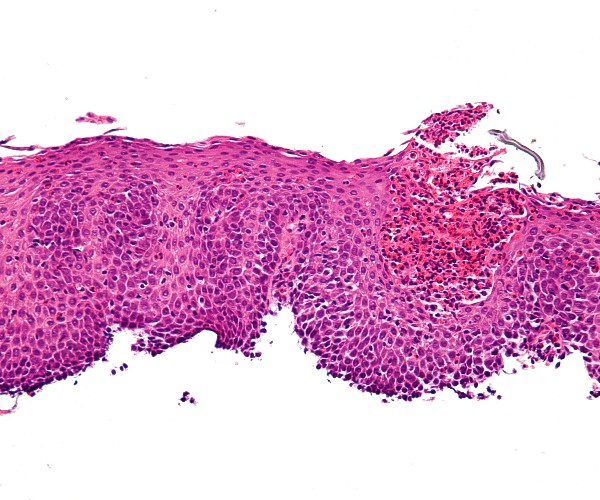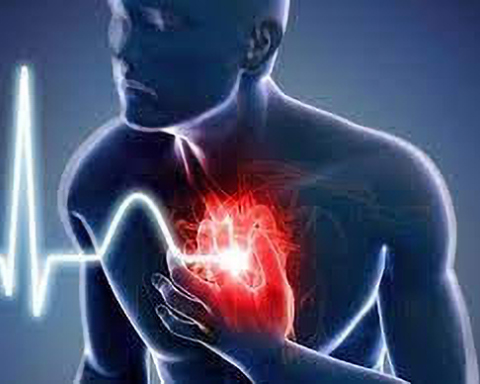The well-being of our bodies is linked in large part to that of our intestines. In fact, some of the most common and troublesome conditions for men stem precisely from problems related to the intestinal tract or malfunctioning of the intestinal tract. To avoid incurring these disorders and thus being forced to use remedies of a pharmaceutical nature, it may be useful to know what are the main foods that help improve intestinal regularity and the proper functioning of our bodies by including them in one’s daily dietary program.
Recommended foods
Among the foods that contribute to proper gut function prefigure: whole grains, legumes, dried/fresh fruits and vegetables. In fact, all these foods are rich in fiber, and it is this fiber that contributes to the proper functioning of the intestinal flora. In addition to proper nutrition, drinking plenty of water, about two liters a day, is also essential for the care of our intestines, to help cleanse the intestinal tract and eliminate toxins and debris left inside the colon.
Fruits and vegetables
A varied diet, with a high presence of seasonal vegetables, is a panacea for intestinal well-being. There is a distinction to be made, however, between vegetables that promote increased evacuation such as zucchini, cabbage, spinach, and lettuce, and, on the other hand, fresh vegetable soups and purees that have, on the contrary, an astringent effect. As for fruit, on the other hand, it is a very important source of useful vitamins for obtaining energy and strengthening the immune system, as well as being rich in antioxidant properties and fiber. There is caution, however, to be taken in limiting the consumption of that type of fruit that contains a high amount of sugar.
Cereals and legumes
Another important category of foods that are essential for the health of our digestive system is definitely grains and legumes. In fact, all of these foods help to increase peristaltic movement in the intestines, forming a kind of protection in the digestive system in order to prevent it from becoming sick over time. Cereals and brown rice are particularly suitable, as they possess a higher fiber content.
Other foods that are important for our bodies are
yogurt, essential for the care of intestinal bacterial flora, and Extra Virgin Olive Oil, which promotes transit within the intestines. In conclusion, to maintain a proper balance of our digestive system, it is necessary to follow a varied diet that contains all the main elements that contribute to the well-being of our body, all accompanied by careful and constant hydration.





